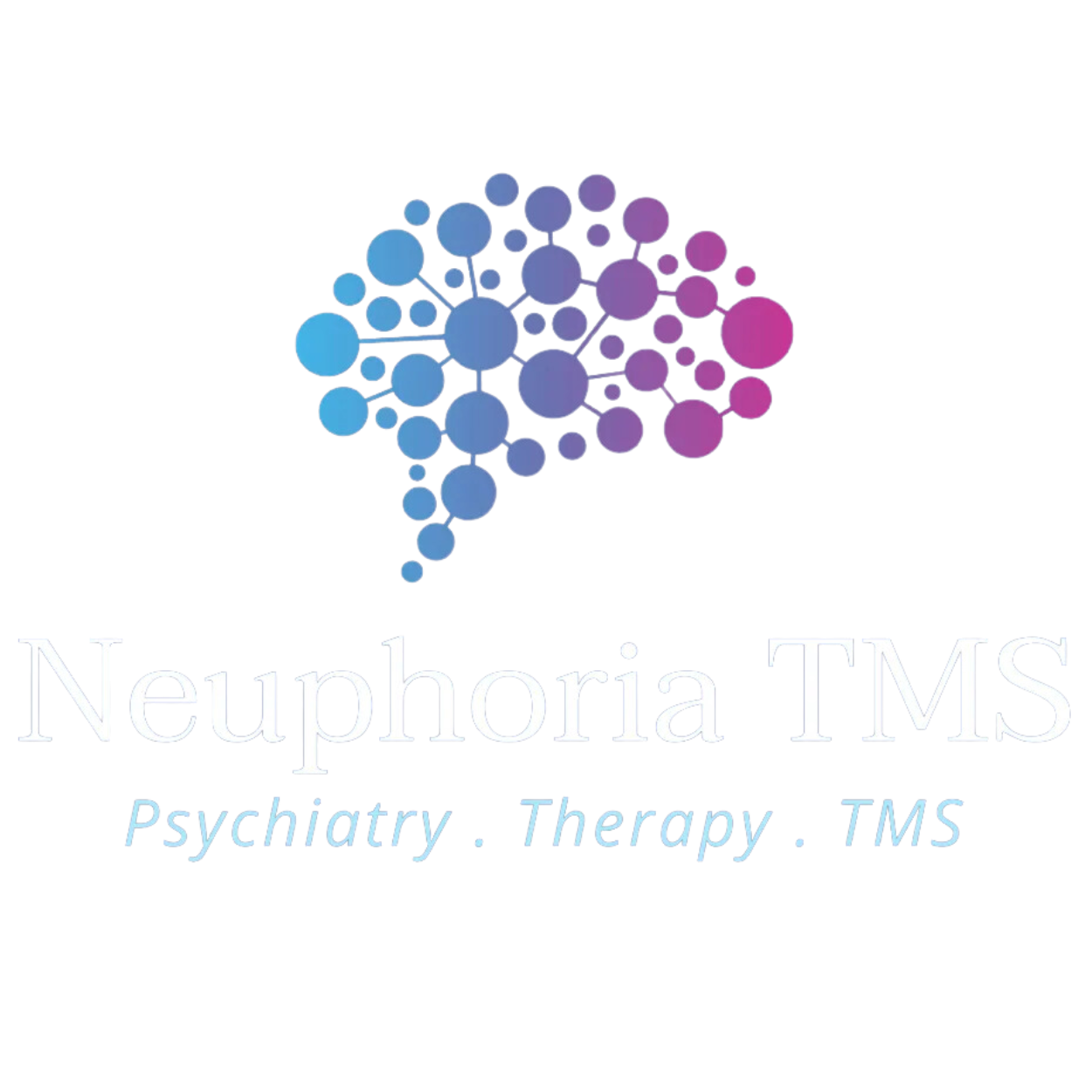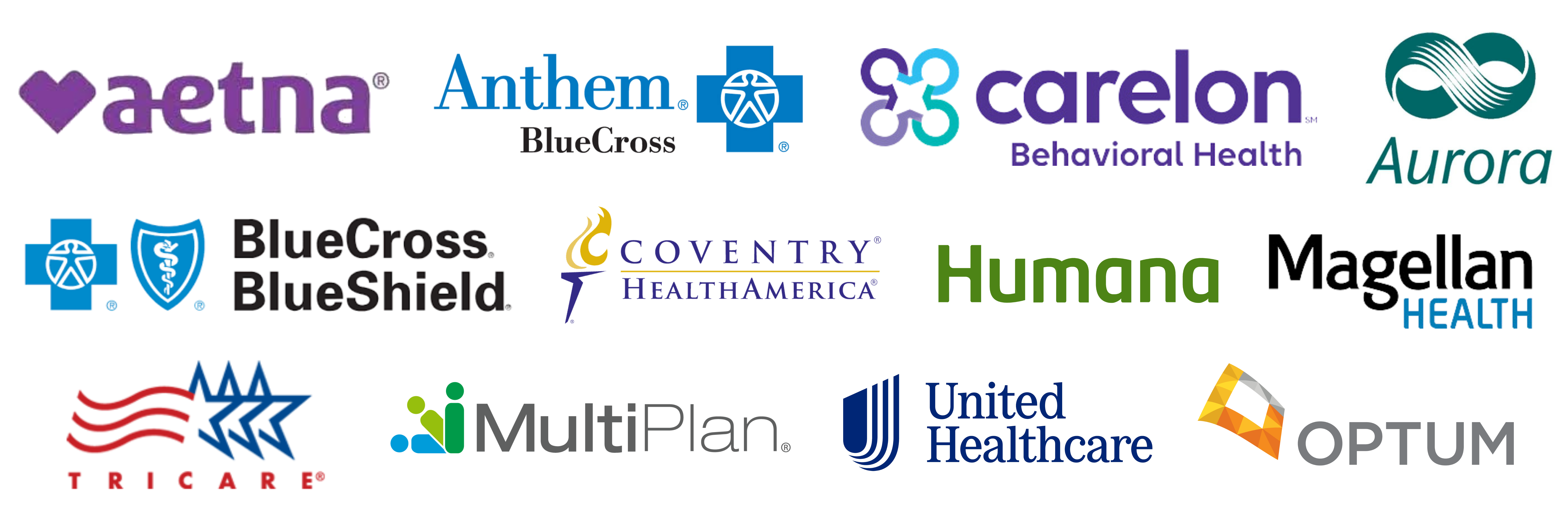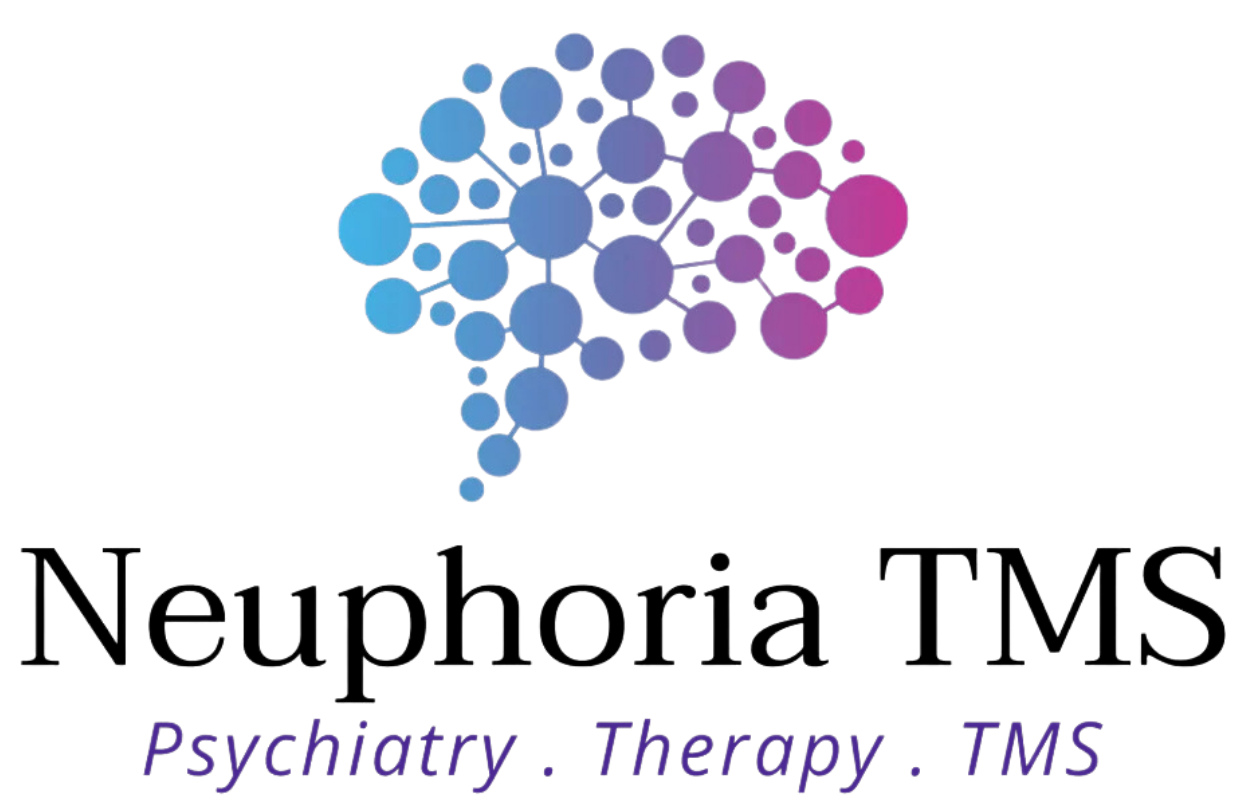Latest News
Latest Blog Posts

Understanding and Supporting Loved Ones with Major Depressive Disorder (MDD)
"[Depression] Crushes down on you, making even the smallest things like tying your shoe or chewing on toast seem like a twenty-mile hike uphill." -Stephanie Perkins, Author
Introduction:

Major Depressive Disorder (MDD) is a serious mental health condition that affects millions of people worldwide. Contrary to common misconceptions, depression is not simply a fleeting feeling or a result of laziness. It is a complex illness that can have a profound impact on a person's life. Communicating with and supporting someone with MDD requires a nuanced approach that goes beyond surface-level understanding. In this blog, we'll explore the best ways to communicate with and support individuals facing this challenging disorder, shedding light on the importance of empathy and compassion.
Understanding Major Depressive Disorder:
Before delving into effective communication strategies, it's crucial to grasp the nature of Major Depressive Disorder. Depression is not a choice, nor is it a sign of weakness. It is a mental health condition characterized by persistent feelings of sadness, hopelessness, and a loss of interest in activities that once brought joy. Physical symptoms such as changes in appetite and sleep patterns may also accompany the emotional toll, making it a multifaceted challenge for those affected.
The Impact on Daily Life:

It's essential to recognize that depression can affect every aspect of a person's life. Simple tasks may become overwhelming, and the ability to concentrate may be severely compromised. Individuals with MDD may also experience physical symptoms such as fatigue, aches, and pains. By acknowledging these challenges, we can better understand the importance of tailored communication and support.
Effective Communication Strategies: Break the Stigma

1. Active Listening:
Begin by offering a non-judgmental and empathetic space for the person to express their thoughts and feelings. Avoid giving unsolicited advice or trying to minimize their experiences. Instead, listen actively, validating their emotions and letting them know you are there for them.
2. Educate Yourself:
Take the time to educate yourself about depression. Understanding the symptoms, treatment options, and the impact on daily life can provide valuable insights. This knowledge will help you approach the situation with empathy and reduce the stigma associated with mental health issues.
3. Express Empathy:
Show genuine empathy and support. Let the person know that you care about their well-being and that you are there to offer assistance without judgment. Simple gestures, like sending a thoughtful message or spending quality time together, can make a significant difference.
4. Encourage Professional Help:
Encourage seeking professional help, such as therapy or counseling. Offer to assist in finding a mental health professional or accompany them to appointments if they are comfortable with the idea.
5. Respect Boundaries:
Understand that there may be times when the person needs space. Respect their boundaries and give them the autonomy to navigate their mental health journey. Patience is key in building trust and fostering a supportive environment.
Conclusion:
Communicating with and supporting someone with Major Depressive Disorder requires a compassionate and informed approach. By understanding the nature of depression and implementing effective communication strategies, we can contribute to a supportive and empathetic environment that helps individuals with MDD feel heard, validated, and understood. Remember, mental health is a shared responsibility, and by fostering open and caring relationships, we can make a positive impact on the lives of those affected by depression.
Are you or anyone you know suffering from MDD (Major Depressive Disorder)? This is a serious mental concern and Neuphoria can help you, you are NOT alone. With TMS Therapy, we can help you find the relief you need from your depression. Find out more about TMS Therapy and hw it can help YOU. Call or text today!
TMS is covered by insurance


Contact Info
Address: 1221 Medical Center Dr.
Wilmington, NC 28401
Phone: (910) 239-0300
Fax: (910) 756-4546
Email: info@neuphoriatms.com
Business Hours
Mon: 9am - 5pm
Tues: 9am - 5pm
Wed: 9am - 5pm
Thurs: 9am - 5pm
Fri: 9am - 5pm
Sat/Sun: Closed
For informational purposes only, a link to the federal Centers for Medicare and Medicaid Services (CMS) Open Payments web page is provided here. The federal Physician Payments Sunshine Act requires that detailed information about payment and other payments of value worth over ten dollars ($10) from manufacturers of drugs, medical devices, and biologics to physicians and teaching hospitals be made available to the public. It can be found at https://openpaymentsdata.cms.gov
We accept insurance.

Dr. ____, MD
Insert Doctor Bio

Contact Info
Address: 1221 Medical Center Dr. Wilmington, NC 28401
Phone: (910) 239-0300
Fax: (910) 756-4546
Email: info@neuphoriatms.com
Business Hours
Mon: 9am - 5pm
Tues: 9am - 5pm
Wed: 9am - 5pm
Thurs: 9am - 5pm
Fri: 9am - 5pm
Sat/Sun: Closed
For informational purposes only, a link to the federal Centers for Medicare and Medicaid Services (CMS) Open Payments web page is provided here. The federal Physician Payments Sunshine Act requires that detailed information about payment and other payments of value worth over ten dollars ($10) from manufacturers of drugs, medical devices, and biologics to physicians and teaching hospitals be made available to the public. It can be found at https://openpaymentsdata.cms.gov








